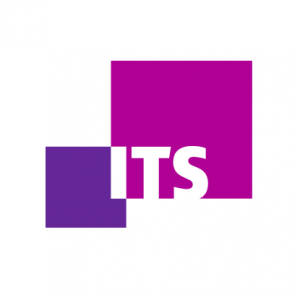PegaBot
Bot or not? Test different Twitter Profiles to find out who is a bot.
categories
theme
Bots (an abbreviation for robots) are computer programs developed to execute specific tasks. The first robots had no bad intentions, and even today there still are robots for good, which hold politicians accountable, make causes for equality go viral or even help organize the (many) daily tasks of their users. But in the end of the 90s, bots began to develop a bad reputation.
Some have been used to send SPAM emails, personal data theft, credit card fraud, and on misinformation attacks to manipulate the public sphere. These bots have the goal of spreading lies to influence narratives, a phenomenon that since 2014 has reached a global scale. And it’s even worse: they are out there and nobody knows how they work, who develops them and who finances them. To help tackle this issue, we launched PegaBot (Gotcha Bot), a tool that creates more transparency about bot usage in Brazil.
PegaBot (Gotcha Bot) is a project by the Instituto de Tecnologia e Sociedade do Rio de Janeiro (Institute of Tecnology and Society of Rio de Janeiro, ITS Rio) and the Instituto Equidade & Tecnologia (Technology and Equity Institute), supported and sponsored by the European Union. On the platform, the user can verify a social media account’s activity and check its probability of being a bot. The higher the score, the bigger the chance it’s a bot.
For now, the platform is integrated with Twitter. Soon, there’ll be support for other social media channels.
related content
projects
Redes de Proteção
Promoting safer digital environments for children and adolescents Learn More
projects
Pegabot in Digital Defense
Protecting Journalism and Activists from Professional Disinformation Attacks in Brazil Learn More

